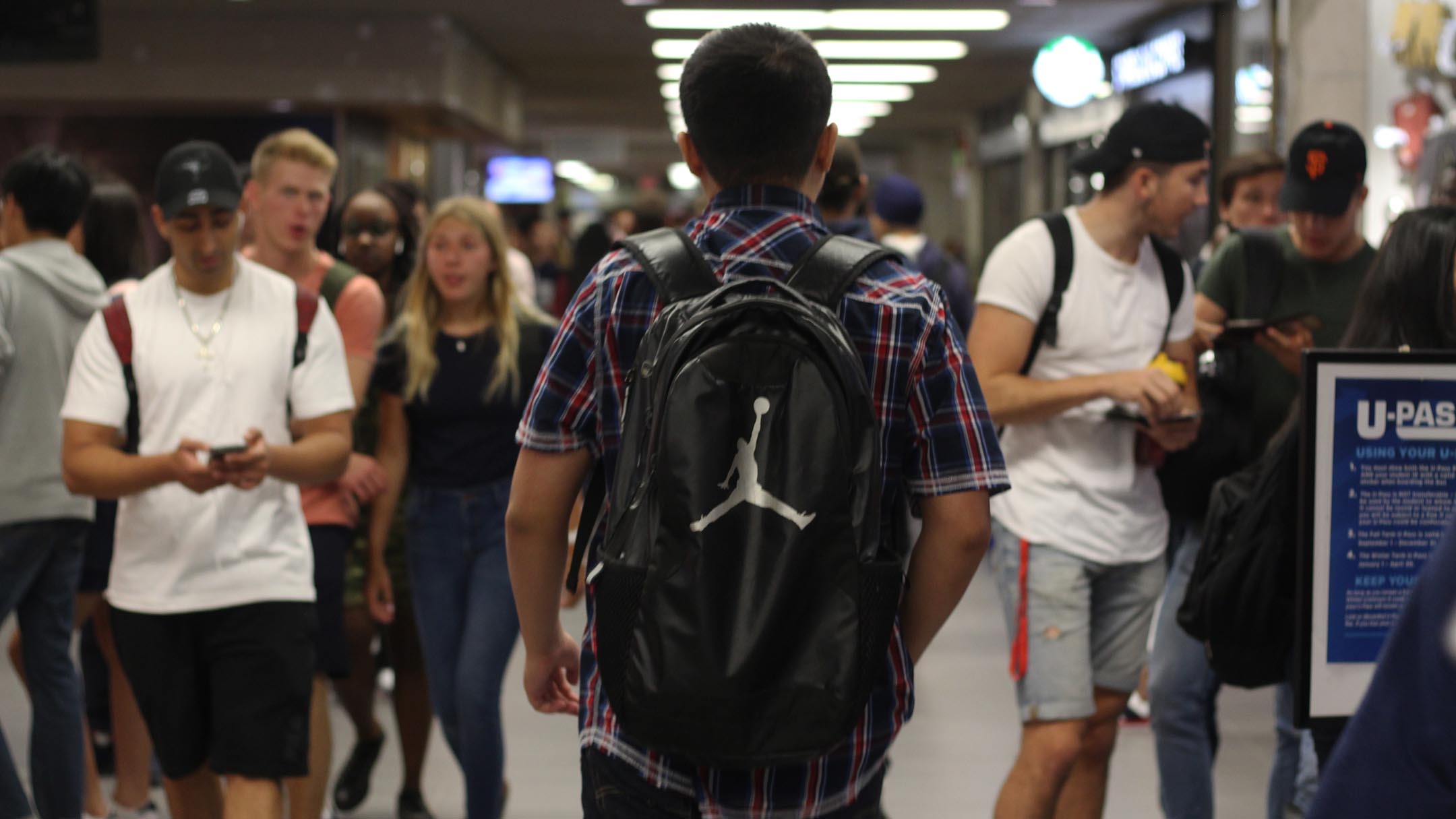Think before going to BODIES…The Exhibition. BODIES is not to be confused with BodyWorlds, a competing exhibition that has full consent from the individuals being used. The human cadavers and full specimens on display at BODIES are obtained from China and “originally received by the Chinese Bureau of Police,” as stated on disclaimers from Premier Exhibitions’ official New York website. The company has admitted not all the bodies have consent from the individuals or from their family members.
The source of these bodies and the lack of public transparency is a troubling human rights issue. In China, donor cards such as the ones we have in Canada do not exist. It is also not a Chinese cultural norm to donate their bodies to Western science after death. However, the Chinese Communist Party is known to imprison and execute prisoners of political conscience, in many occasions harvesting their organs for profit as seen in the cases of Falun Gong practitioners. It leaves little room for imagination as to where these bodies come from.
When evaluating situations involving other countries, it is necessary to be critical of the definitions being used. Many “prisoners” in China are imprisoned on the basis of their spiritual beliefs or political views, not because of a violent crime. The imprisonment of the current Nobel Peace Prize laureate Liu Xiaobo is an example of who can be considered a criminal in the Chinese justice system. As for the term “unclaimed,” it is often applied to executed prisoners whose family members are purposely not contacted, allowing the state to use the deceased in whichever way they choose. It has been stated in research done by David Matas and David Kilgour that over 90 per cent of organs available for transplant come from Chinese prisons.
By accepting this exhibition without demanding public transparency of the source of the human bodies, what kind of message are we sending to others? Are we making it acceptable to bypass any ethical evaluation when it comes to displaying dead human beings? Could our support and economic contribution to exhibitions that use human bodies without consent open up new markets for human trafficking? Who were these people? With so much profit being made off the exploitation of these human bodies, Premier Exhibitions has not taken enough measures to ensure the public that they are in no way affiliated with the bodies of dead incarcerated political prisoners.
France and American cities such as Seattle have banned this exhibition because of its questionable ethical practices. In New York City, the state attorney general in 2008 required the owners of the exhibition, Premier Entertainment, to abide by strict conditions.
First, Premier must obtain written documentation demonstrating the source of each body and body part, the cause of death, and the decedent’s consent to the use of his or her body. Second, Premier will provide full ticket refunds to all customers who can establish that they attended the New York exhibition and who represent that they would not have done so if they had known of the questionable origins of the bodies and parts on display. Premier will place US$50,000 in escrow for this purpose. Finally, in the event that Premier continues to display human remains in New York that were obtained before the attorney general’s settlement, Premier will clearly disclose on its website, in the entrances of any New York exhibitions, and in its advertising that it is not able to confirm that the bodies and parts being displayed were not, or did not belong to, Chinese prisoners who may have been victims of torture and execution.
The blind acceptance of BODIES . . . The Exhibition is an affront to our new human rights museum in Winnipeg. To this date there are over 100 Winnipeggers who have signed a petition against the exhibition if they are unable to provide proof of consent. As Canadian citizens who take pride in our standards of ethical practice and compassion for the human rights of others, we should ask ourselves: Is this a cause we want our hard earned money going to?
Judith Cheung is the president of the Falun Dafa Student Group at the University of Manitoba.




